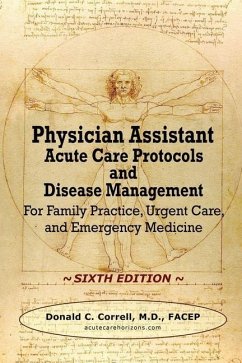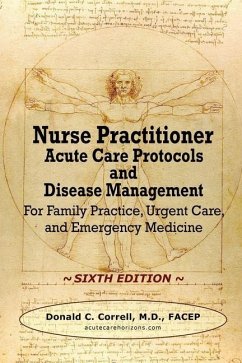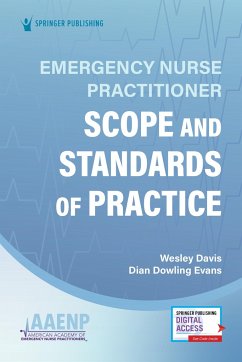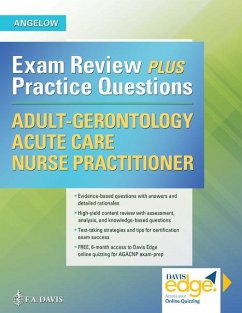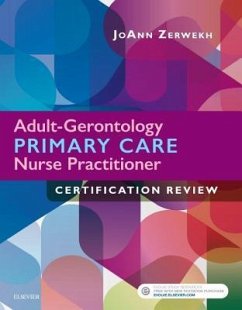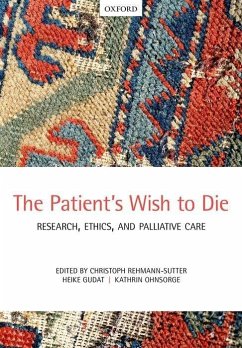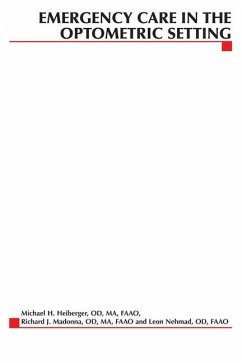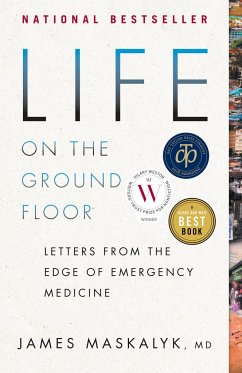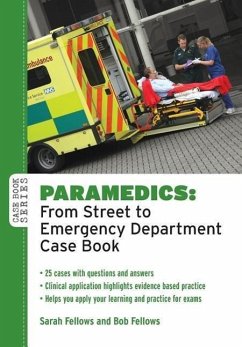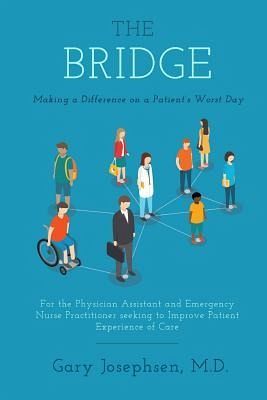
The Bridge: Making a Difference on a Patient's Worst Day: For the Physician Assistant and Emergency Nurse Practitioner seeking to
Nicht lieferbar
Therapeutic partnerships in emergency medicine are built on a bridge of trust. Physician Assistants and Nurse Practitioners must build this trust despite time constraints. Otherwise, the value of their care can get lost in translation at the patient's bedside. Gary Josephsen, MD, has spent his career as an emergency physician searching for ways to improve his connection to patients. It led him to the work of Irwin Press, an anthropologist whose pioneering research in measuring patient satisfaction steered him to startling discoveries on modern medical practices. Among these are the profound ef...
Therapeutic partnerships in emergency medicine are built on a bridge of trust. Physician Assistants and Nurse Practitioners must build this trust despite time constraints. Otherwise, the value of their care can get lost in translation at the patient's bedside. Gary Josephsen, MD, has spent his career as an emergency physician searching for ways to improve his connection to patients. It led him to the work of Irwin Press, an anthropologist whose pioneering research in measuring patient satisfaction steered him to startling discoveries on modern medical practices. Among these are the profound effects of cognitive biases on providers and patients. The Bridge describes these insights and those drawn from Dr. Press, building on his groundbreaking work and applying it to modern emergency medicine. This easy-to-follow guide for medical professionals is a refreshingly accessible tool for anyone working in emergency medicine. Dr. Josephsen wants you to optimize your patient's experience of care, decrease the potential for cognitive bias, and make the most of the time spent with your patients.




